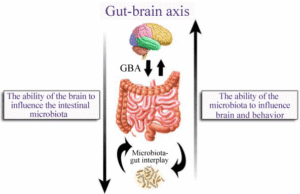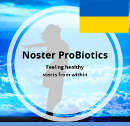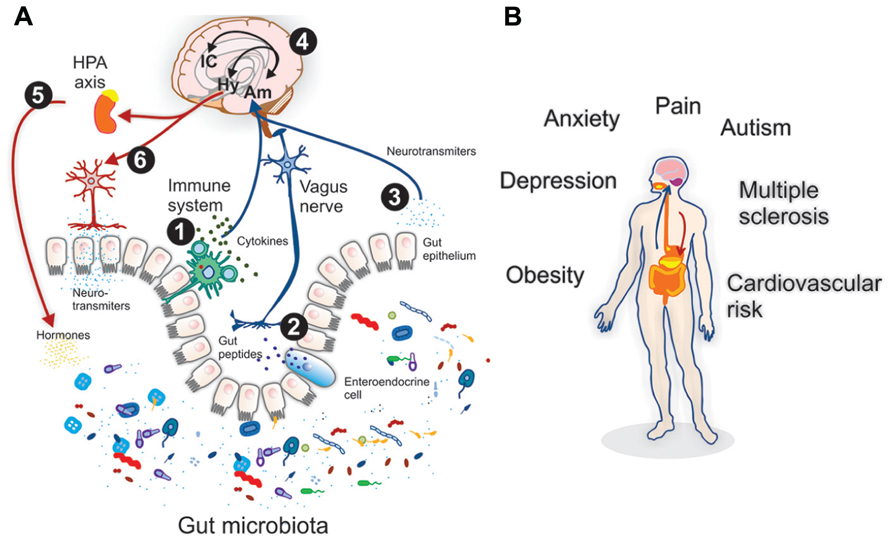The magazine The New Scientist, published an article entitled “Gut bacteria may contribute to autism” on 7 June 2010 by Linda Geddes. This is an over view of that article along with my insights and comments.
on 7 June 2010 by Linda Geddes. This is an over view of that article along with my insights and comments.
Once again research into gut bacteria, probiotics, amazes me.
There has been a rise in the incidence of autism world wide, along with an increase in a few other trends. The most dangerous of these trends is the increase in Caesar babies followed closely by excessive cleanliness and the use of antibacterial soaps etc.
After reading this article and adding the other two trends, I believe that they linked. Caesars, excessive cleanliness, excessive use of antibiotics result in the destruction of your gut microbes which it seems is a contributing factor in Autism.
Autistic children’s urine has a specific chemical signature. Jeremy Nicholson and colleagues at Imperial College London investigated 39 children with autism, 28 of their non-autistic siblings and 34 unrelated children, analysing urine samples of each.
The results showed each group had a distinct urine signature, with distinct differences in the autistic children. The chemicals in the autistic children’s urine are related to bacteria’s metabolic byproducts.
Autistic children suffer from severe gastrointestinal issues which occur at the same time as the behavioural symptoms.
Glenn Gibson of the University of Reading, UK, discovered the presence of clostridium bacteria in abnormally high concentrations in autistic children. His comments where “It adds another link to the gut bacterial involvement in the onset of disorder:”.

N-methyl-nicotinamide (NMND) was found in the urine, this has been linked to Parkinson’s disease as well. This chemical, a bacterial metabolic byproduct, may affect the development of the brain in children. Being linked to Parkinson’s disease adds to this theory.
The article goes on to say that using this chemical signature could be used as an diagnostic tool to identify children at risk. At present children are identified through behavioural tests. This delays the ability to identify children early on, delay interventions and treatment.
My thoughts are why not fix the problem at the source?
It seems pretty obvious to me that the problem is in the microbes of the gut. The balance is wrong due to many factors.
Start treatment by giving the child probiotics.
Even if this finding, about the metabolic byproducts, is wrong giving the child a probiotic daily is not going to do any damage and may prevent this terrible, life long, condition.

